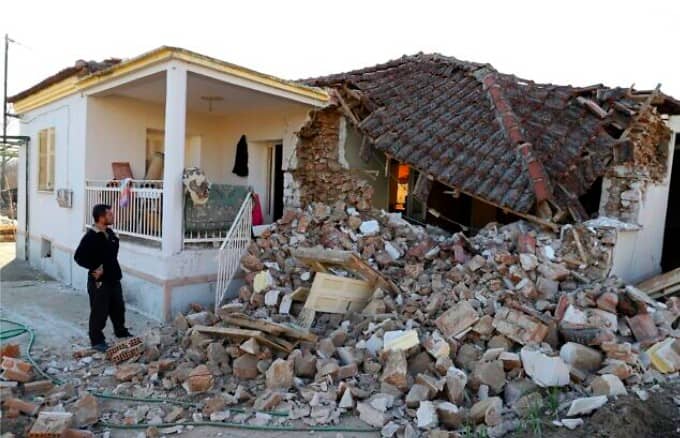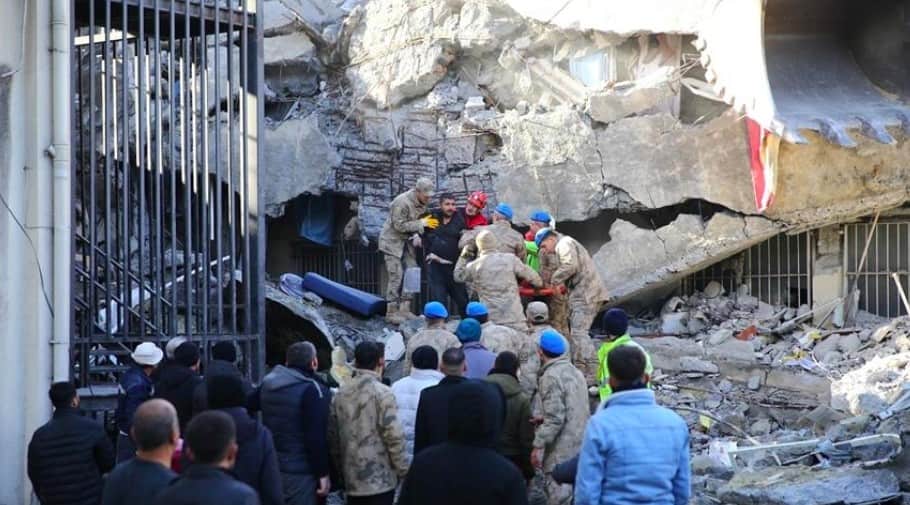Professor of Civil Engineering specialising in Natural Disasters, Constantinos Synolakis has predicted that there may be a mega-earthquake in Greece measuring up to 8.5 on the Richter scale.
Speaking to Mega TV on Thursday, Synolakis noted that such mega-earthquakes occur every 600 years, citing the example of the earthquake in Crete in 365 BC when the entire island rose an incredible 10 meters due to the seismic tremor.

“The last major earthquake in Crete occurred in 1403, and it is estimated that such earthquakes occur every 600 to 800 years. We are already at the “window” of the century, when we may see a large earthquake in the Greek up to 8.5 Richter,” Synolakis said.
To put this into perspective, on an earthquake magnitude scale, an earthquake of a magnitude of 8.0 or greater on the Richter scale is defined as a "Great earthquake. Can totally destroy communities near the epicenter."
The two large earthquakes that struck the south eastern region of Turkey near the border of Syria on Monday, killing up to 20,000 at last count, measured 2.8 and 7.6 on the Richter scale respectively.
Following Synolakis's predictions, Skai TV asked seismologist Gerasimos Houliaras to share his views on the topic.
“Historically, in the past, we have had earthquakes of this magnitude in Greece, so no one can rule out an earthquake of this magnitude in the Greek area as we have had 3 to 4 examples,” Houliaras responded.

He explained, however, that the fault that caused the earthquake in Turkey “is too far away from Greece to affect it seismically, i.e. to transfer stresses from this sequence to Greece.”
When asked about the domino theory, he said that “the earthquake happened at a distance of over 1,000 km from Greek territory. We saw this phenomenon in 9 hours when 100 km above the epicentre of the 7.8 Richter earthquake, we had a 7.7 Richter earthquake.”
“I believe that such an earthquake in Greece would have less impact. We have better buildings and infrastructure. We also have the advantage in the geo-dynamics of Greece that most earthquakes occur in underwater areas. The buildings are what we have to pay attention to with constant checks. If we dedicate ourselves to them, I think we will do well,” Houliaras concluded.
Read also Huge Greek Summer Festival with Gogo Tsampa Live and 100 Stalls - Coming this Sunday


